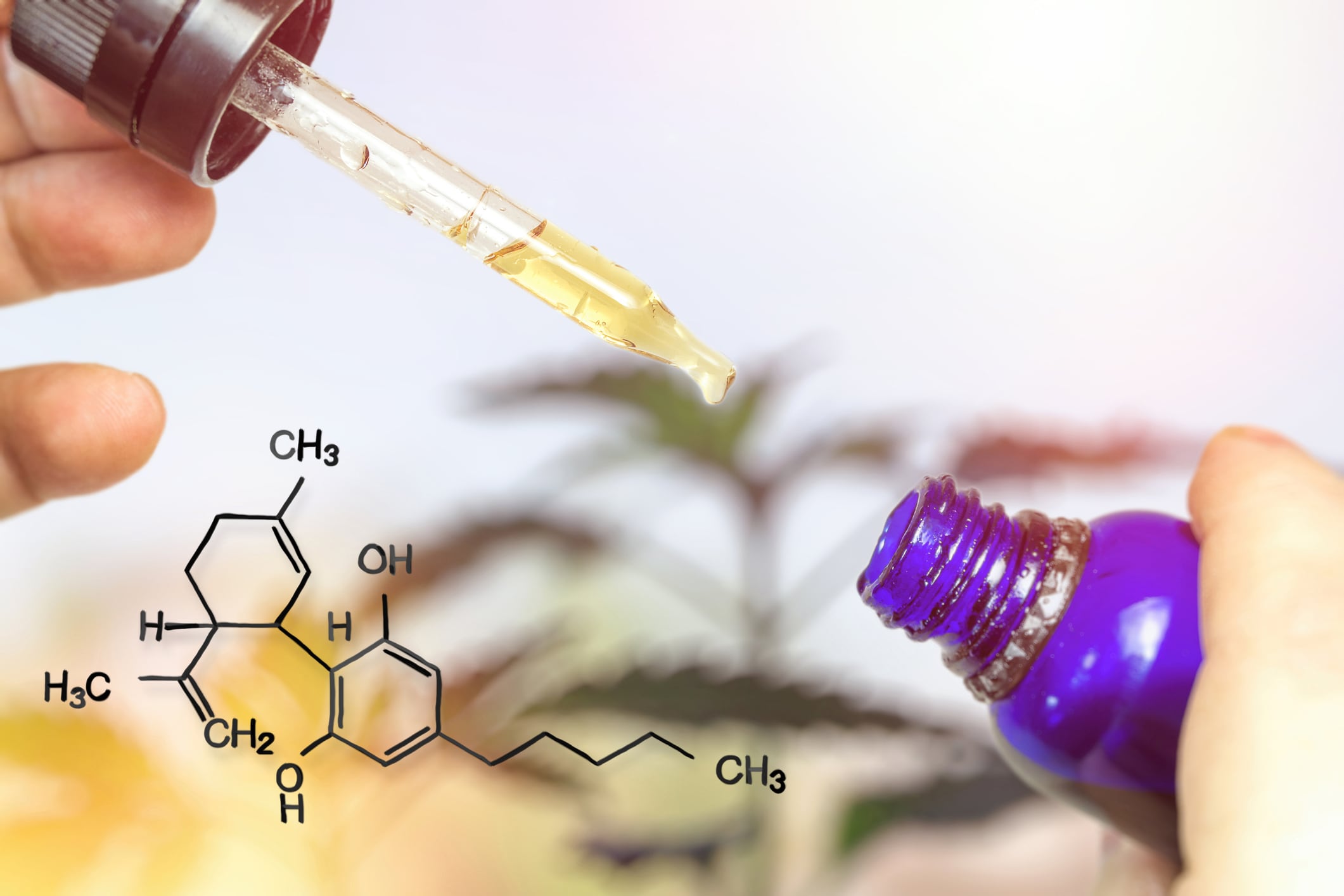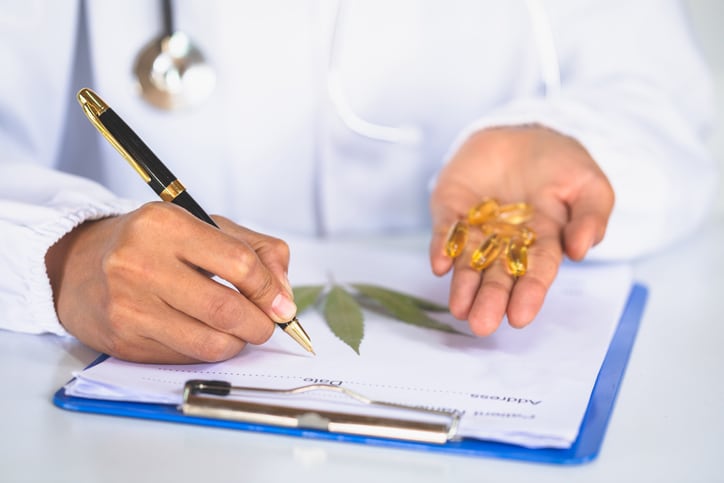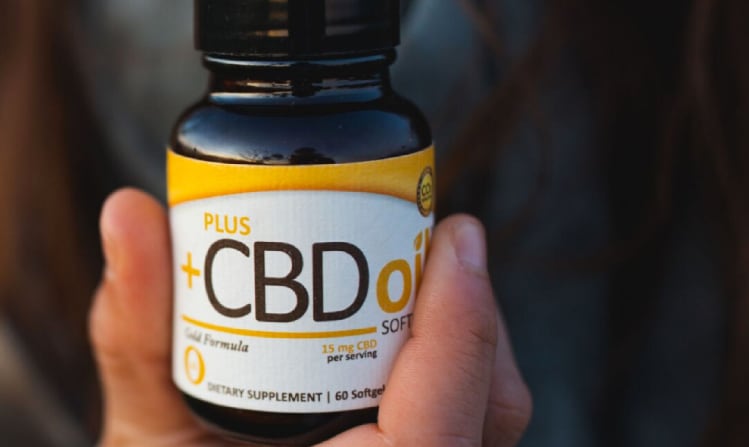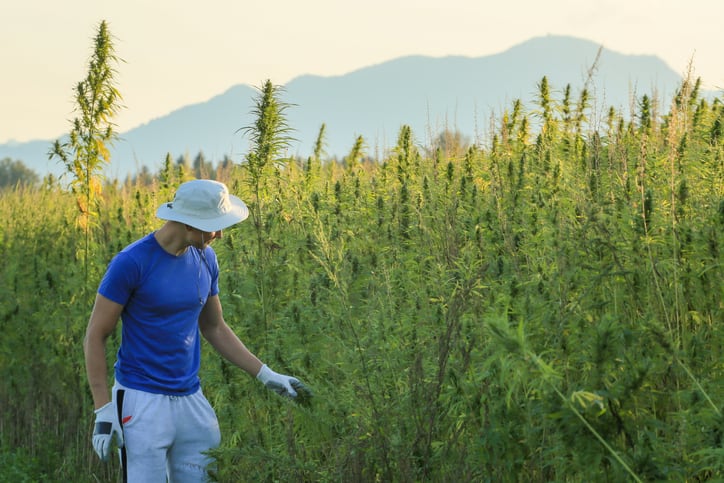An FDA spokesperson told FoodNavigator-USA he recognized “there is substantial public interest,” in clarifying the legal status of ingestible CBD.
“We are working toward a goal of providing additional guidance and have made substantial progress,” he told FoodNavigator-USA. “[But] there are many questions to explore regarding the science, safety, effectiveness and quality of products containing CBD, and we need to do our due diligence.”
Right now, the FDA says CBD cannot be added to foods or supplements as it was first investigated as a drug, although FDA commissioner Dr Stephen Hahn also conceded it would be a ‘fool’s game’ to try and shut down the market, a situation many brands claim has left them stuck between a rock and a hard place.
FDA has ‘outstanding questions related to the safety of CBD products'
As for what additional data the agency required given that regulatory bodies in the UK and Australia have set daily dose limits, the spokesman said: “As part of our work, the FDA continues to explore potential pathways for various types of CBD products to be lawfully marketed.
“An important component of this work is obtaining and evaluating information to address outstanding questions related to the safety of CBD products. … We remain steadfast in our effort to obtain research, data, and other safety and public health input to inform our approach and to address consumer access in a way that protects public health.”
Asked about a document called ‘Cannabis and Cannabis-Derived Compounds: Quality Considerations for Clinical Research’ that the FDA has just submitted to the Office of Management and Budget, he said: “The FDA cannot provide any further comment on the guidance until it is published.”
CV Sciences: ‘Australian and UK regulators are way ahead of us’
Dr. Duffy MacKay, EVP at PlusCBD Oil maker CV Sciences, noted that the FDA has committed to releasing two reports on CBD: “When Congress passed the Consolidation Appropriations Act in 2020 it gave FDA $2m to work on CBD policy. The money came with a requirement for two reports. We are waiting on the second report, which I believe will come in 2020.
“The first report [issued in early March] provided much new information, but this time FDA will have to explain to Congress why it continues to claim publicly that there is not enough safety data to develop regulations while Australian and UK regulators are way ahead of us. I am optimistic the second FDA report to Congress [will] be more than just a sampling of products that have been tested… and will provide more clarity on timelines.”
Isolates for drugs, hemp extracts for supplements…
Dr. MacKay said FDA should proceed by restricting CBD isolates to pharmaceutical products, and limiting products with >150mg/daily to prescription or dispensary.
Hemp extracts – which contain CBD and a mix of other bioactives - should be allowed in supplements, but not foods and beverages, he argued, citing the example of melatonin (which is permitted in dietary supplements but not foods and beverages).
“The issues that differentiate food and supplements make ingredients such as melatonin and CBD appropriate for supplements only, and I think some are insurmountable," said Dr MacKay, who uses full spectrum hemp extracts in his firm's PlusCBD ingestible products.
CV Sciences: There's a path for supplements, but maybe not for foods and beverages?
First, claimed MacKay, there’s a lack of CBD safety data in sensitive sub-populations such as pregnant women or children, noting that supplements can be labeled 'not for use by children or women that are pregnant or breastfeeding' whereas conventional foods and beverages "are meant for everyone."
Second, he argued, it’s harder to control the serving size of CBD per day or per eating event with foods and beverages: “If your coffee, chips and breakfast cereal all have CBD, it’s hard to predict, control, or address the exact amount you consume in a day. This is compounded by the fact that food cGMP's do not account for providing a specific amount of an active ingredient per chip, slice of bread, or cookie. One bite could have 5 mg, and the next 15 mg. Food cGMPs do not control for this or label for this. Supplement cGMPs and labeling account for both.”
Finally, he argued, supplements – unlike foods - must comply with post-market surveillance to capture potential unknown adverse effects.
Will more CBD-infused beverages start marketing themselves as dietary supplements?
If the FDA cracks down on CBD-infused foods and beverages, brands could just re-position themselves as dietary supplements, as several (eg. LifeAid and Weller) already do, perhaps reflecting the fact that some states permit CBD dietary supplements, but not foods/beverages, and that the FDA seems to be more open to CBD in supplements than foods.
This approach is compliant with the law, provided brands follow FDA guidance on distinguishing between conventional beverages and supplements, said Dr MacKay. “However, they may not be happy with the limitations this guidance document introduces," he said, noting it precludes supplement firms from using terms such as 'refresh,' 'hydrate,' 'drink,' 'beverage,' and 'sparkling water,' for example.
Attorney: Key will be for FDA to 'define a regulatory pathway for CBD in non-drug products that would not impede its continued development in pharma applications'
Brian Sylvester, special counsel at law firm Foley & Lardner, told FoodNavigator-USA: "Back in March, FDA acknowledged increased interest in drug development from CBD, and asked manufacturers and other stakeholders to submit information on processes for deriving full and broad hemp extracts, and on how those extracts’ contents compare to CBD isolates."
The key, he said, "will be for FDA to define a suitable regulatory pathway for use of CBD in non-drug products that would not impede its continued development in pharmaceutical applications."
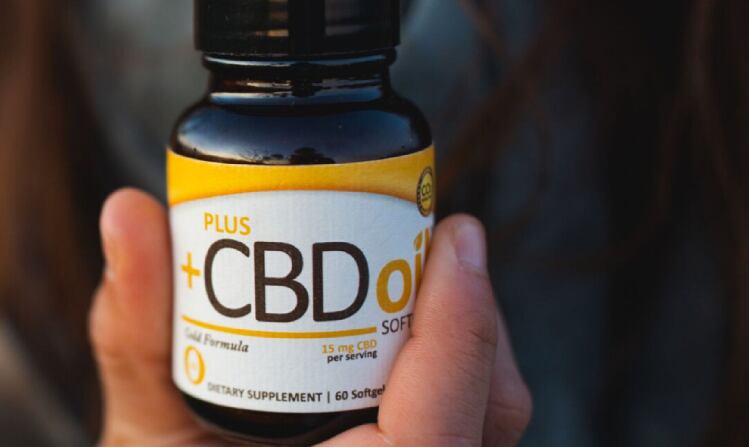
CBD and safety: According to Dr Duffy MacKay, EVP at PlusCBD oil maker CV Sciences, the FDA already has sufficient data to lay out a regulatory path forward.
"CV Sciences recently published an analysis of two years of post-market safety data and a human randomized controlled trial that included assessment of liver enzymes and other biomarkers of safety, while other CBD companies had also published pre-clinical toxicology.”
He added: “The safe level of CBD in a hemp extract product should be determined by the available science filed in an NDIN or other appropriate safety standard combined with the intended use (e.g. delivery form and serving instructions).
“Products with high levels of CBD - in my humble scientific opinion this is about > 150 mg CBD daily - should be limited to prescription or dispensary.
“We should avoid the use of isolates to honor the spirit of the FDA's IND exclusion, acknowledge the fact the drug research on isolates pre-dates the herbal extract sales, and the protect efforts and motivation for drug development for serious diseases.”
Missouri man sues CBD firm after failing drugs test
MacKay's comments came as a Missouri man sued* CBD American Shaman – which is already facing legal action over disputed ‘no heavy metals’ claims on its CBD products – alleging he failed a drugs test and subsequently lost his job after consuming full spectrum, water soluble CBD oil drops from the defendant.
The lawsuit is vague about key details such as testing types and thresholds for THC, exactly how much CBD oil Barackman consumed, what was on the label, and whether he was taking other products that could have impacted a drugs test.
However, it again highlights the legal challenges facing companies operating in the CBD space, who have been sued over everything from dosage levels and heavy metals, to selling illegal ingredients, said Sylvester.
"For CBD products that may contain trace levels of THC, and in the interest of defending against such challenges, manufacturers could do well to consider adding disclaimers regarding the potential presence of trace levels of THC... Of course, if CBD manufacturers opt to add a 'THC free' claim to product labels and advertising, they should have adequate documentation to back it up."
CBD American Shaman did not respond to requests for comment.
*The case is Barackman v. CBD American Shaman, LLC 4:20-cv-00416.

